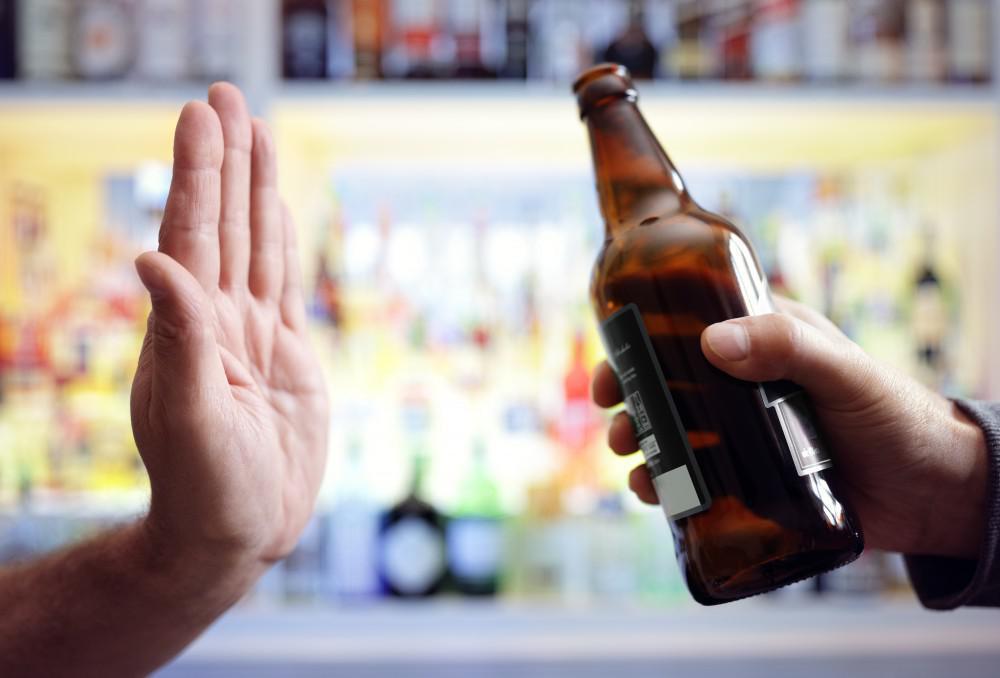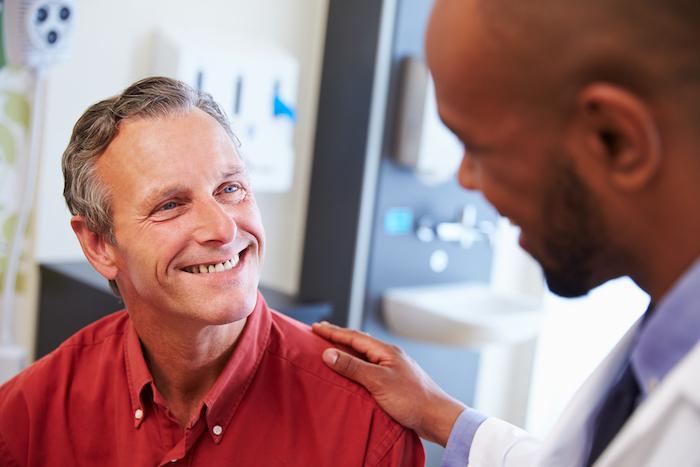
5 Tips for Staying Sober
You’ve done the work to become clean and sober, and you want to do what you can to stay that way. Here are five great tips that will help you safeguard your freedom from a substance use disorder.

One of the questions we’re often asked is how long recovery takes. Our simple answer is that recovery is a lifelong process, though most of the work is done in the first year. It took years for you to develop your substance use disorder, so it makes sense that putting this chronic disease into remission won’t happen overnight … or on your own.
In our experience, most of those who’ve successfully overcome their addictions have done so using every available resource and tool available. To make the road to recovery easier, our team here at Northview Wellness has put together its own recovery toolbox, which allows us to help our patients better navigate early recovery and beyond.
Here’s a look at just a few of these resources.
One of the tools we often rely on for detox and early recovery are medications that are designed to help you through early recovery, including:
Depending on your drug of choice, we can use one of these medications to help control your withdrawal symptoms and rein in uncontrollable cravings.
While medications can play an important role, there’s a lot that goes into the development of a substance use disorder, especially when it comes to mental health. To put some numbers to the problem, 45% of those who have a substance use disorder have a co-occuring mental health disorder. For many people, an existing mental health disorder may lead to a substance use disorder as they try to self-medicate.
We understand that dual diagnoses such as these require an approach that addresses both issues for the best chances of success. Through our recovery support program, we provide access to the mental health care you need.
One of the hallmarks of a substance use disorder is the feeling that you’re increasingly alone in the world. Through our recovery support program, we encourage group support through:
These group settings not only provide you with added support, they also make you feel less alone in your addiction.
Another aspect we include in our recovery support are lifestyle changes that can help you take charge of your health, and your life, again. For example, odds are that nutrition wasn’t a high priority during your years of using. Through nutritional counseling, we show you how your diet can make you stronger, both physically and mentally. As well, we encourage engaging in active pursuits, which have been shown to help enormously with cravings, anxiety, and more.
Last, but certainly not least, our recovery program provides a way to keep yourself accountable. We not only offer the support you need, but we also act as monitors who oversee your progress. Through regular testing, we ensure that your recovery stays on track, and should you slip, we’re here to help you get back on the road to recovery as quickly as possible.
If you’d like to learn more about our recovery support programs, please contact our office by phone or email to set up consultation.

You’ve done the work to become clean and sober, and you want to do what you can to stay that way. Here are five great tips that will help you safeguard your freedom from a substance use disorder.

The connection between a substance use disorder and a mental health issue is a strong one, as the nearly eight million Americans who have a co-morbidity prove. When this occurs, treating both issues is paramount.

Addiction is a chronic disease that requires constant vigilance and good management. When a person falls short, relapse can occur. If you’re worried that a loved one has relapsed, here are some signs to look out for.

You believe that you’re drinking isn’t normal anymore, and you’re tired of the overwhelmingly negative effects that alcohol is having on your life. The good news is that alcoholism is highly treatable.

The rise in availability of telehealth services has been great news for those who need (or would prefer) to receive quality health care from the comfort of their own homes. These services also extend to substance use disorders.

Whether you’ve tried to break your opioid addiction before or this is your first attempt, why not greatly increase your chances of success with Sublocade®? Here’s a look at how Sublocade can ease your recovery journey.